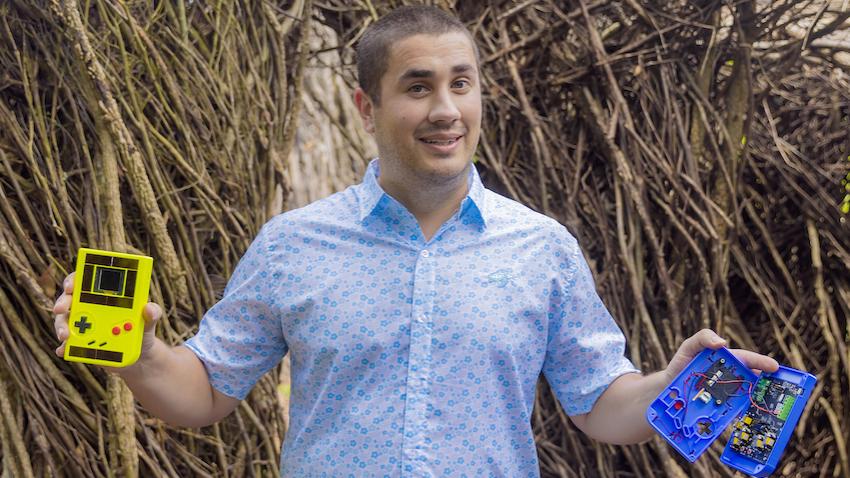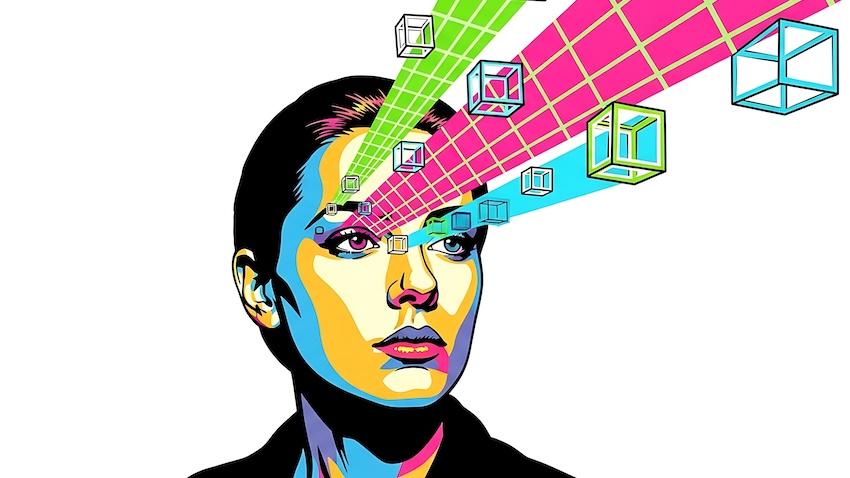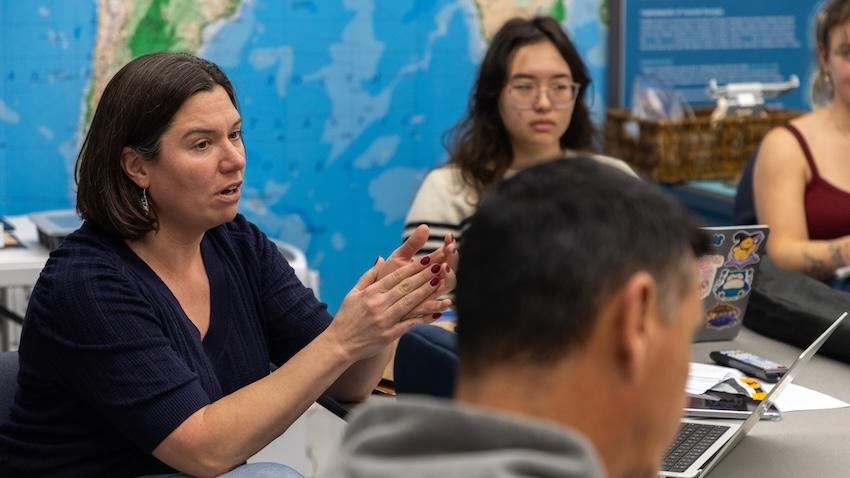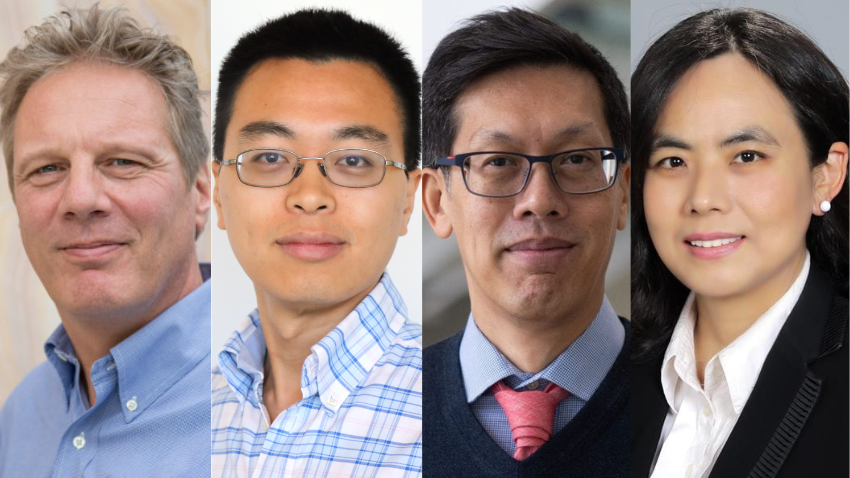
'Internet of Batteryless Things' Could Transform Technology of the Future
Josiah Hester believes it’s time to work toward new sources of energy to power the technology of the future.
Laptops, mobile devices, and wearable devices all depend on batteries. But Hester believes batteries will soon become outdated. They cause significant ecological harm, limit a device’s lifetime, and cost a lot to maintain.
That’s why Hester, an associate professor in the School of Interactive Computing, and postdoctoral researcher Saad Ahmed, are working with an international team of researchers to explore the Internet of Batteryless Things.
The March edition of the Communications of the ACM published research from Hester and his collaborators on this topic. The publication is one of the leading online and print magazines for academic and industry research professionals in the computing and technology fields.
In the article, the researchers lay out their strategies for enabling batteryless systems and provide directions for future use.
“Batteries provide the convenience of a reliable energy supply but create a host of problems,” the article states.
Only 5% of batteries are recycled, and most wind up in landfills, according to the researchers. As they decompose, batteries can release toxic fumes into the atmosphere and chemicals into the soil.
A future with trillions of battery-powered devices suggests that trillions more batteries won’t be recycled, which will result in an environmental catastrophe, the researchers write.
Finding alternative and environmentally friendly energy sources could avert such a crisis and expand a device’s lifetime and memory storage capacity.
Hester, director of the Ka Moamoa Lab, has spent his career applying his philosophy of intermittent technology at the microlevel. He’s developed energy harvesters, known as minikers, that can gather energy from the kinetic energy of daily human activities. This energy can be stored and used to power wearable devices for a limited time.
He’s also co-developed the world’s first battery-free Gameboy and an intelligent monitoring device used in N95, cloth, or surgical face masks called the Facebit. It provides real-time monitoring of a user’s heart and respiration rates.
“It feels like decades that we’ve built technology around this idea of having a large storage of energy that I can always rely on,” Hester said in a video interview with the Communications of the ACM.
“This has shaped all the ways we’ve done computing research and designed devices. Once we take out that source, we have to think about computing in a very different way.”
To build toward a battery-free future, Hester recognizes there needs to be a leap forward for the idea of intermittent technology to catch on.
Solar panels, wind turbines, and soil are alternative resources. Yet, they provide only a miniscule amount of energy compared to batteries.
“Those ideas, challenges, and concepts are what make a new class of computing come out and lets the research community explore and make an impact on these hard problems that trickle up into new applications that we can have,” he said.
To learn more about Hester’s research, visit his Ka Moamoa Lab’s website.
Top photo by Terence Rushin/College of Computing. Video filmed by Kevin Beasley (College of Computing).


